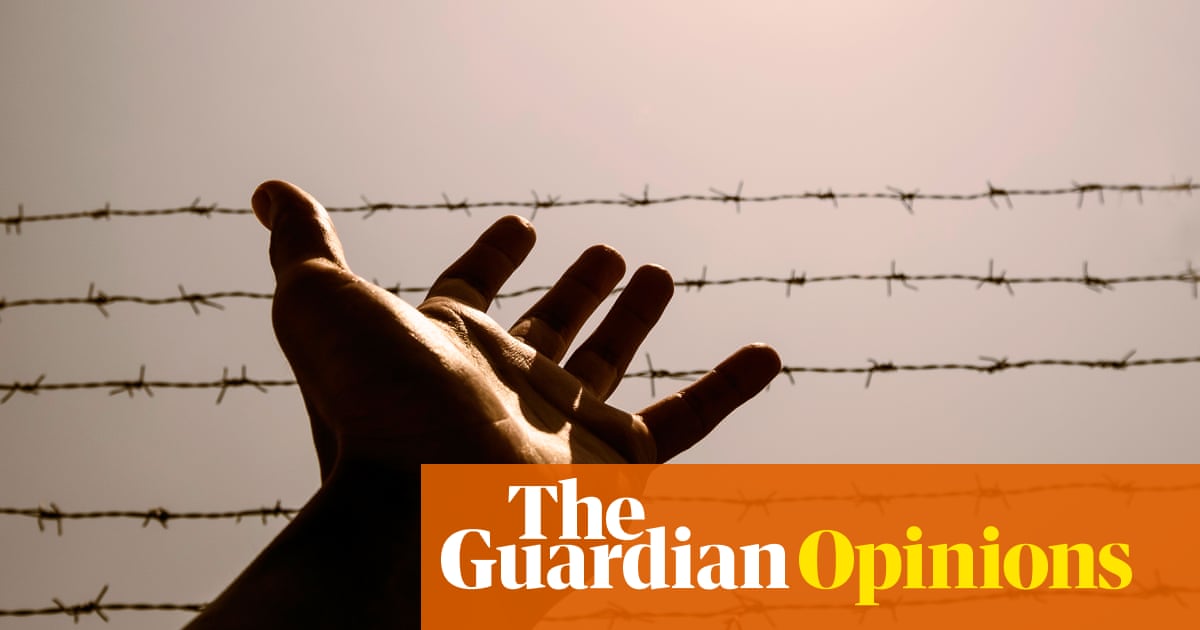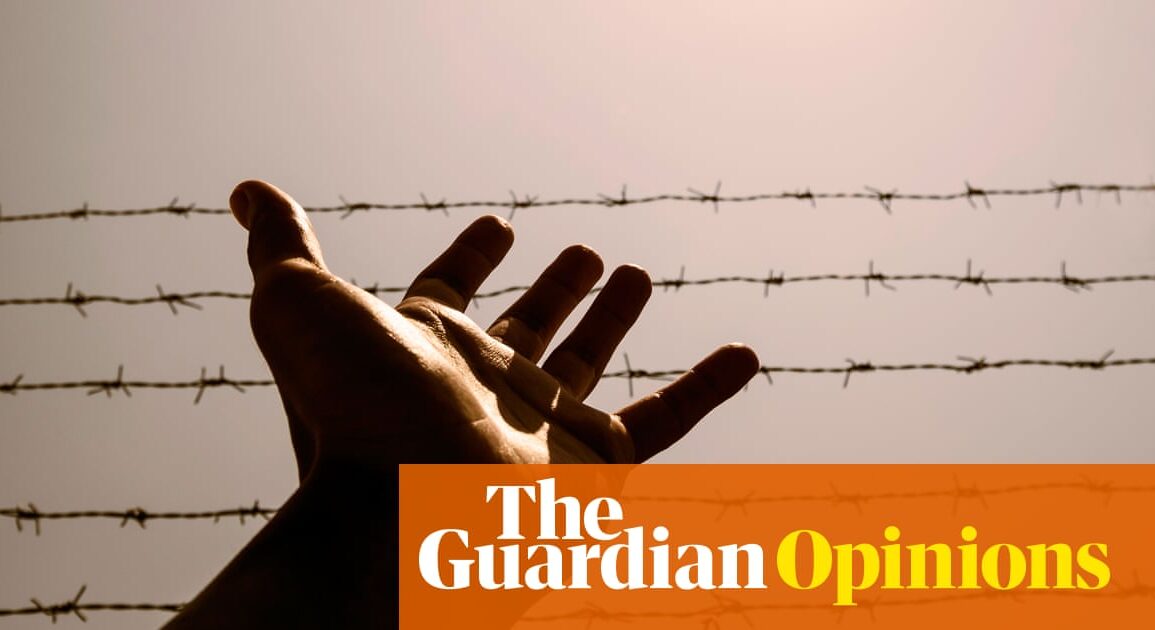
It’s been exactly 50 years since the most important book of the last century and a half (in my view) was published: Aleksandr Solzhenitsyn’s The Gulag Archipelago.
By documenting, from within, systems of secret police, arbitrary arrest and prison, I’d argue that it did more than Ronald Reagan and Margaret Thatcher combined to undermine communism in the Soviet Union. Within two decades of the book’s publication, a network of detention centres and prisons had been dismantled.
I found myself thinking about this as I read the latest harrowing report of the Yoorrook Justice Commission – a truth-telling process into injustices experienced by Aboriginal people in Victoria.
The commission found that, with the grim inevitability of Russia’s political prisoners, Victoria’s most vulnerable young people are moved from one island of our so-called care or justice systems to another. They are further traumatised and brutalised as they go.
The introductory destination of our Gulag Archipelago is residential care, which is a system of group homes for children who have been removed from their families. As a former shadow minister for youth justice and child protection, I’ve read the reports about the unspeakable things occurring in these state facilities: sexual abuse, other violence, even death.
Victoria’s independent Commission for Children and Young People has reported to parliament that children in residential care are at risk of being preyed upon by “organised paedophile rings”. It said this years ago. No one listened. No one cared.
Just last week the children’s commissioner condemned the “over-criminalisation of children in residential care”.
She pointed to new data that shows almost half of children in residential units have charges laid against them in their first year in “care”. The Yoorrook report has an entire section entitled “Children in residential care are being criminalised”.
These children, just like the inhabitants of the Soviet Union’s archipelago, are presumed guilty. According to Solzhenitsyn, the Soviet mindset was: “Let him prove to us that he did not have hostile intent.” The author added, sardonically, “along this cannibalistically artless straight line lie the recollections of countless millions”. Perhaps not, in Victoria’s context. But countless thousands, certainly.
Hence, the next stop for the most vulnerable children is youth justice. The employment of arbitrary solitary confinement is particularly egregious, and many experts in international law consider it torture.
The latest Victorian data show children were arbitrarily locked in their rooms, alone, more than 8,300 times in a three-month period.
The final destination is the adult prison system: a haven for drugs and what used to be called contamination – the mixing of first-time offenders with recidivists, which can produce obvious results.
I won’t go quite so far as to advocate for the abolition of adult prisons, although I’d like to. But residential care and youth prisons should be shut down. Taken together, they represent the worst social policy failure of the last 200 years.
As the children’s commissioner rightly says, residential care acts like a “pipeline into the criminal justice system”. And as the Yoorrook commission has found, imprisonment does not reform offenders, it criminalises them. Every reputable study, ever, has found the same.
“Could the whole system simply be shut down?” I hear you ask. In short, yes, and easily. Last week was Foster Care Week, and I need to declare a serious bias. You see, I was born into the care system.
I praise God and the minister of the day – Labor’s Pauline Toner – that I was never sent to the gulag. If I had been I would not be where I am today. I would be in prison, of course.
Instead, I was put in foster care, then permanent care, from which I was adopted by a wonderful family. Only the most rabid and anti-intellectual statist could argue that state institutions (residential care and prison) are better for vulnerable children than a loving family.
So why don’t governments shut down residential care, which can be as much as 10 times more expensive than foster care? Why don’t they funnel that money instead into mental health supports, allied health, tutoring and cultural support to be delivered in families?
And after 200 years of demonstrable and abject failure, why can’t policymakers come up with a more efficacious form of punishment than youth prisons? Anything, frankly, would do more to both reform young offenders and keep the community safe. Honestly, anything.
For the sake of Indigenous children, and all other vulnerable kids, we should put a bomb under the Gulag Archipelago and blow its entire odious edifice to kingdom come.
-
Matthew Bach is an outgoing Liberal member representing the Eastern Metropolitan region in the Victorian upper house. He was previously the shadow minister for child protection and youth justice.
This post was originally published on this site be sure to check out more of their content.







